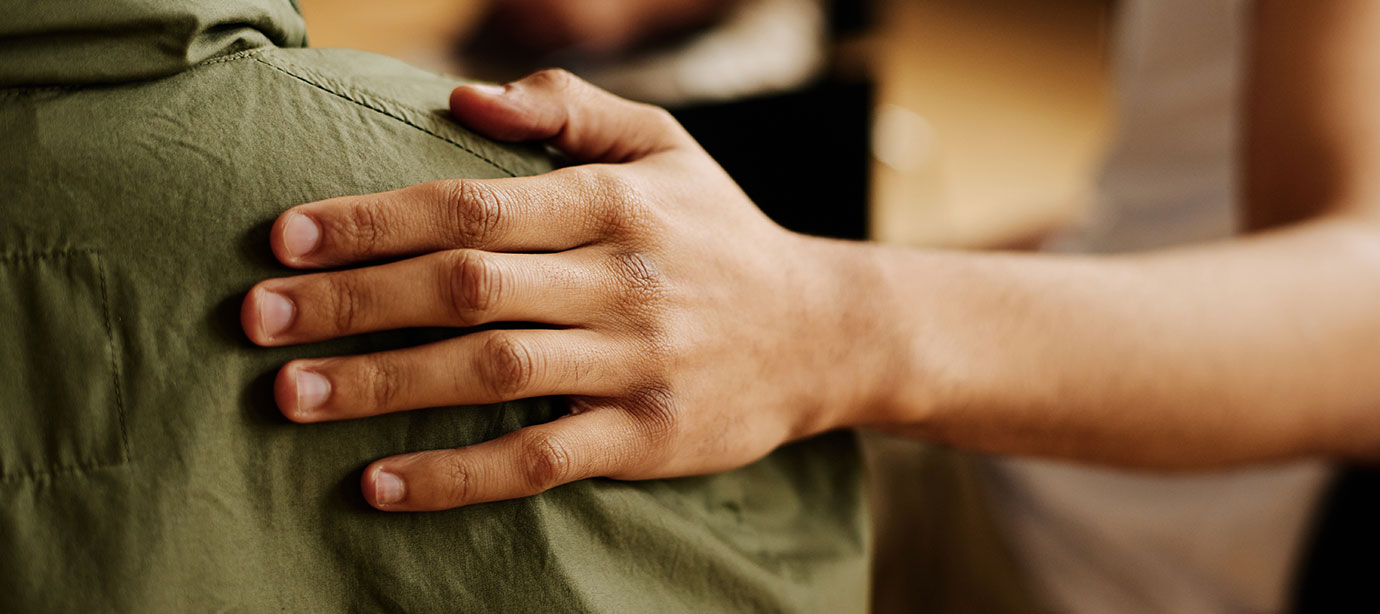Anyone can be affected by abuse
Anyone could be a victim, a survivor or someone who causes harm. It also affects friends, family, colleagues and neighbours – whole communities can be affected.
People of any gender can be affected by abusive relationships; children and young people may be affected by abuse in the adult relationships around them, as well as in their own relationships. Older people can experience abuse from their family carers.
Domestic abuse affects people of all sexualities – heterosexual, gay, lesbian, bisexual and transgender people can all find themselves in abusive relationships.
Abusive relationships affect people with and without disabilities, with and without mental health issues, with and without substance misuse problems, with and without learning difficulties.
It does not matter whether you have no money, are receiving welfare benefits, or are in a highly-paid job, domestic abuse affects people regardless of income. You may be highly educated or have little education all can be in an abusive relationship.
Abusive relationships do not discriminate against religion, belief systems or ethnic backgrounds.
Some groups may be impacted in ways unique to them, such as ‘outing’ in the lesbian, gay, bisexual and transgender communities. However, the effects of domestic abuse are significant for all those who experience it.
Getting in touch
If you are experiencing domestic abuse, worried about someone you know, or are concerned about the impact of your behaviour towards others, then help is available: Get in touch or by telephone 0800 69 49 999.

